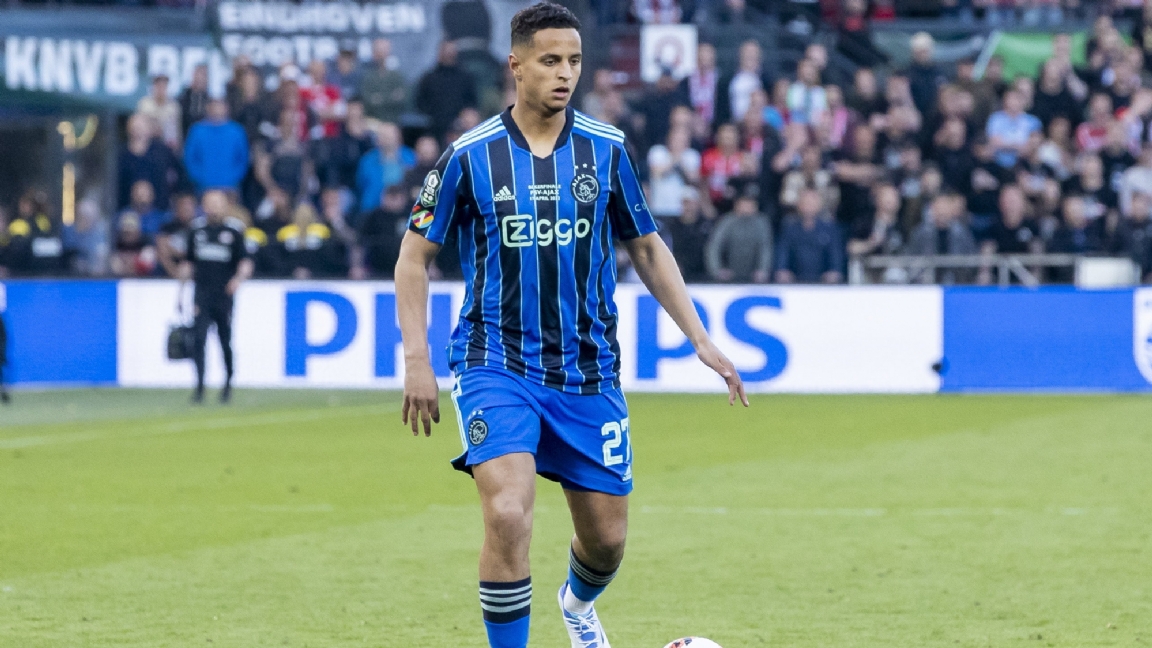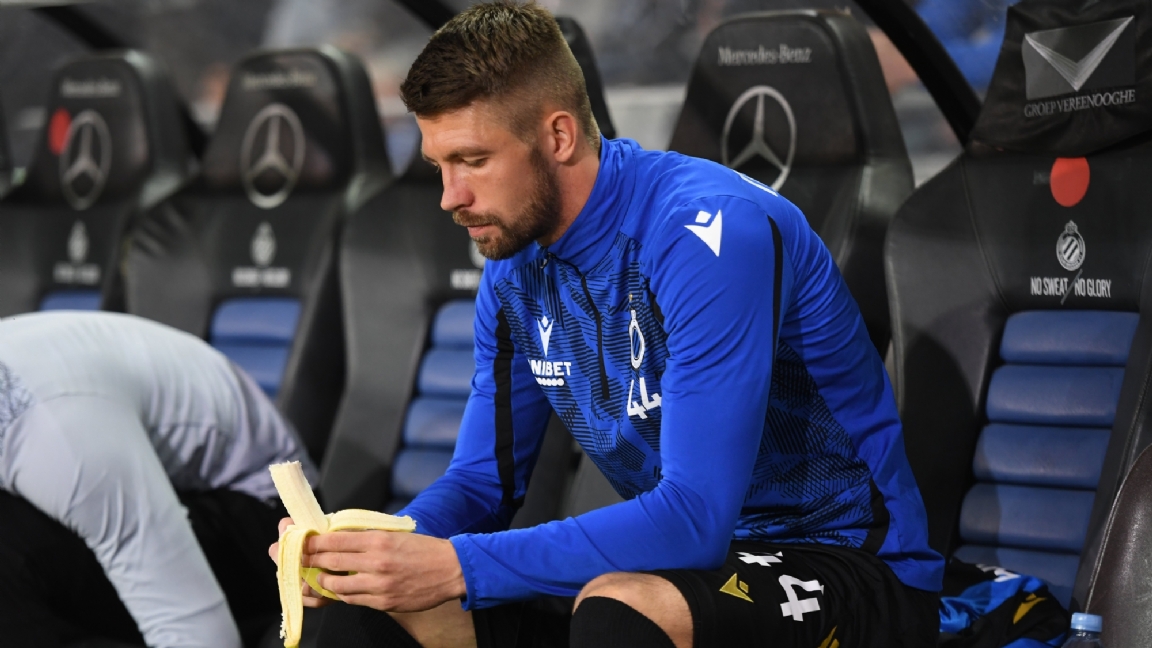![]()

According to Valentijn Driessen, a somewhat heavy Mohamed Ihattaren wanted to win the race against the clock through a crash diet. A form in which eating extremely few calories leads to rapid weight loss. The desperation of a footballer, or the financial interests of a top club, can increase the demand for such a strategy. But, is that also good for the footballer? And how can he actually appear as fit as possible at kick-off? Football zone asked Titia van der Stelt, dietician of FC Twente, everything necessary about food ball†
By Kevin Van Buuren
PSV would also have put Ihattaren on such a diet twice before, Driessen knew. It is not known how many calories the attacking midfielder received at the time. Chances are it wasn’t enough to really become a fitter footballer. Fat percentage is not everything. “The faster you lose weight, the more muscle mass you break down. A football player consumes at least about three thousand calories a day,” says Van der Stelt. “That is energy to train hard and to recover. You should always go for a patient approach.”

Dietitian Titia van der Stelt questions Mohamed Ihattaren’s crash diet.
The diet of football players has often been discussed. Especially if there is an apparent kilo too much. But Lionel Messi also lived before he called in a dietician on soft drinks and chocolate. That coach immediately made him eat more fruit and vegetables, but as little sugar as possible because ‘that is bad for the muscles’. Still, cyclist Tom Dumoulin functioned well with wine gums and chips when his performance had to peak. “Fruit sugar and normal sugar are exactly the same for your body,” says Van der Stelt. It is mainly about the right energy source at the right time for the top athlete.
A handful of candy
“The body converts sugar into glucose, the best fuel for your brain and muscles,” continues the dietitian. Football players should be careful with fats, or a combination of sugar and fats, such as chocolate. “Having a handful of candy the night before the game to replenish your reserves is ideal. Yes, even better than a boiled egg”. Glucose is immediately available as energy, compared to fats from food are a very slow source of fuel. An important detail is that even a handful of candy for the football players falls within their calorie requirement. A sportsman does not snack, but uses that specific food to his advantage.
Sport is also often associated with proteins. However, a football player who trains for several hours and often also dives into the weight room, does not have to take bodybuild amounts of protein. “About 1.5 grams per kilogram of body weight is often enough,” says Van der Stelt. “On rest days, this may be a bit more. Just like more fats and less carbohydrates”. The dietary guideline for the non-athlete is often 40-30-30 (the respective percentages of proteins, carbohydrates and fats of the total calorie intake). “For football players, this is 30 percent proteins, 55 percent carbohydrates and the rest fats around match days.”

Carbohydrates from fruit, for example, are perfect for a football player to replenish the reserves.
In an era of low-carbohydrate and ketogenic – where fats are the main source of nutrition – carbohydrates are more than once labeled a hostile fattener. Do football players also suffer from such strong stories about nutrition? “Sometimes I hear that someone does not eat too many carbohydrates, ‘because it is not so good’. Well, for a football player it is, because you also use all that stored energy. But in general they are well informed,” says Van der Stelt.
Make your own choices
It is usually not true that the dietician makes ready-made nutrition plans for football players. “At the start of the season yes, but then they pick it up themselves. I prefer to inform them. This is your body type. That’s what these foods need in small, medium or large portions, depending on that type.” When her advice gets through to the player, it is easier for him to take his own responsibility. “I’m also not going to chase anyone to see what they eat at home. They know what to do and what not to do.”
It is the training in responsibility that Ihattaren may have missed during his time at PSV. As a result, he also saw a crash diet at Ajax as the best and fastest choice. “I know that PSV is now very serious about nutrition. Perhaps the Ihattaren case was the reason for that”, Van der Stelt thinks aloud. In any case, Ajax did not want to hear anything about a hasty approach. Which suggests that the Amsterdam club also opts for patient information. Is that difficult when the interests are huge?
“I haven’t experienced it myself yet. If someone needs extra attention, they get it. But capital was never a reason for that,” says Van der Stelt, who does not rule out that choices are based on interests in football. “If you see that he comes in in the last few minutes, while other choices can be made…”, she points to Ihattaren’s substitute in the lost cup final against PSV. The dietician emphasizes that professionals are ultimately responsible, even with eager footballers. “If such a talent of a few million really wants to, then you have to be strong as a nutritionist to do what is best for him.”

Voetbalzone is the official media partner of the Kitchen Champion Division
Click here for exclusive interviews, talent scouts, current positions and the program on our Kitchen Champion Division page.
